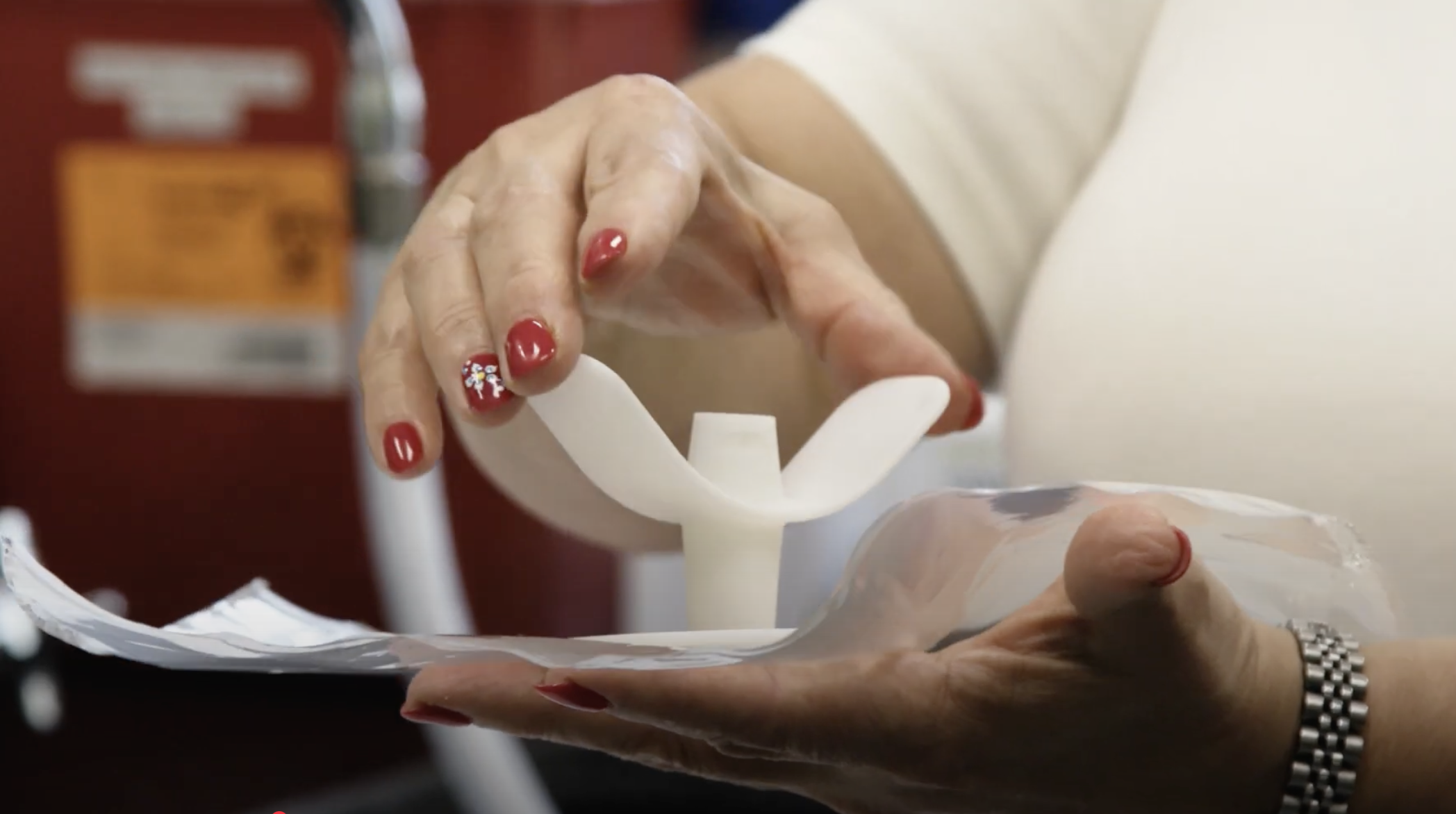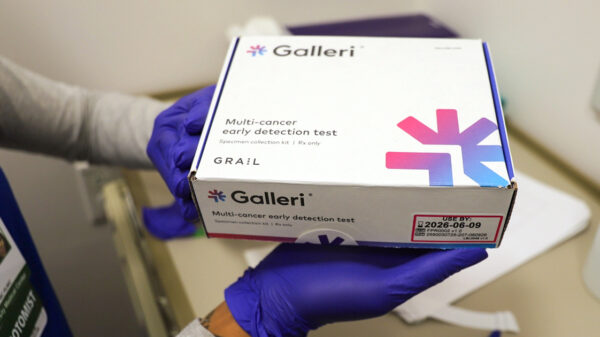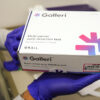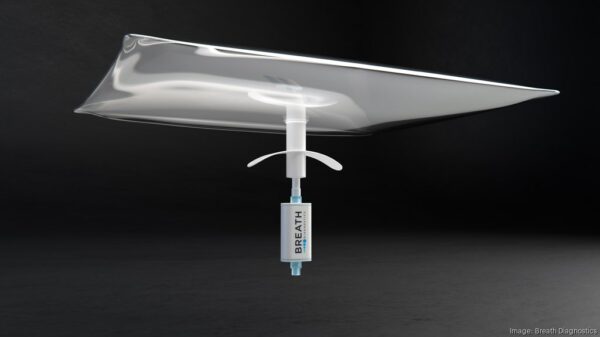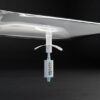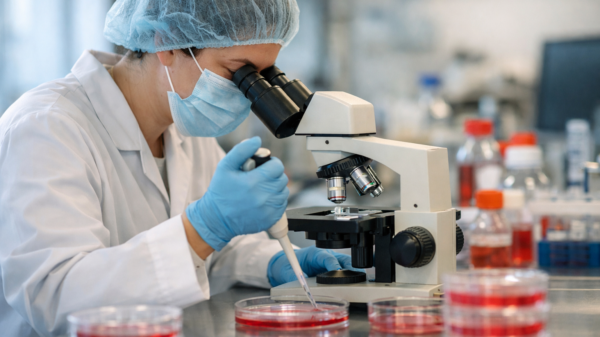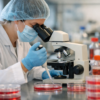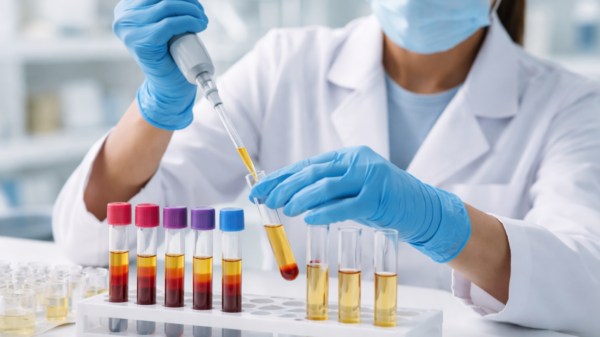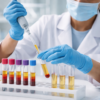Breath Diagnostics, an American medical tech company pioneering an inexpensive and non-invasive lung cancer screening tool, has launched a US$3-million-dollar Regulation CF (crowdfunding) offering for investors. Those who want a piece of the pie now have the opportunity to buy shares at US$3 apiece.
The potential ROI from having a stake in the non-invasive lung cancer screening market is immense.
As the compliance rate for low-dose CT scans is extremely low (a mere 6 per cent) due to the technology’s disadvantages, the opportunity for low-cost radiation-free devices like the Breath Diagnostics OneBreath system could be worth billions per year in the near future.
Many are unwilling to deal with the inconvenience of receiving a low-dose CT scan and push getting screened aside.
“Through Regulation CF, we invite you to invest in Breath Diagnostics and join us in bringing this life-saving technology to market,” the company said in a social media post on Wednesday. “This isn’t just for accredited investors—anyone can become part of our mission.”
Number 1 diagnostics device is inefficient, potentially dangerous
Low-dose CT scan machines are currently the gold standard for lung cancer screening and the only technology approved by the FDA, but their major flaws have been a source of inspiration for development of more efficient devices.
The breath test developed by Breath Diagnostics has emerged as a highly promising alternative to this cumbersome, expensive, radiation-emitting system that continually yields a high rate of false positives leading to unnecessary follow up.
A recent study completed by the University of California, San Francisco found that these donut-shaped machines (LDCT) could be responsible for up to 5 per cent of new cancer cases in the United States each year because of patient radiation exposure. This research made them even more questionable than they were previously.
The rate of testing compliance for low-dose CT scans compared to other types of cancer screening modalities is minuscule. Considering that deaths from lung cancer exceed breast, prostate and colon cancer combined, the need for phasing out old, obsolete technology as soon as possible is of the utmost importance.

Graph: Breath Diagnostics
Read more: Breath Diagnostics onboards new president and closes critical financing
Breath Diagnostics has solution; investors could benefit significantly, helping save lives
If the percentage of screening uptake among those who qualify for lung cancer screening could be boosted from 6 per cent to even 50 per cent by getting more convenient testing devices like OneBreath into the market, the annual revenue generated by Breath Diagnostics and others could exceed US$6 billion per annum.
The total addressable market for lung cancer screening technologies in the United States alone is massive, worth an estimated US$63 billion.
Considering how the American Cancer Society has estimated that approximately 125,000 citizens will die from the disease this year, increasing screening uptake, detecting the disease early and intervening swiftly is crucial.
“Unfortunately, most people don’t get the screening they need to potentially save their lives,” said Victor van Berkel, founder and Chief Medical Officer. “This is one of the reasons I am so excited about our technology – a better, easier way to identify lung cancer will have a huge impact in our community, and the lives of my patients.”
In addition to van Berkel, one of the world’s top lung transplant surgeons, Breath Diagnostics has an exceptional, diverse team of experts who are passionate about bringing their technology to market. The leadership roster is comprised of experts in chemistry, medicine, engineering and finance.
Read more: Breath Diagnostics takes aim at lung cancer with One Breath
Breath Diagnostics aims to commercialize OneBreath via lab-developed test
A lung cancer screening trial is the next step required before ultimately securing FDA approval, but this likely won’t occur for a couple of years.
However, Breath Diagnostics is aiming to commercialize the device in private markets before receiving stamp of assent from the American federal agency.
“It’s fast. It’s reliable. And it [OneBreath] could lead to a future where breath tests are not only trusted—but even more routine than a blood draw,” said Breath Diagnostics marketing and communications manager, Aaron Hoddinott, in a recent blog post.
In multiple clinical studies involving over 800 patients, this breath test has demonstrated a 94 per cent sensitivity rate and 85 per cent specificity (superior to LDCT). It has consistently provided highly accurate results while minimizing false positives.
Breath Diagnostics has raised US$7.7 million to date and currently has a valuation of US$32.1 million.
Read more: Breath Diagnostics pioneers novel lung cancer breath test
Follow Rowan Dunne on LinkedIn
rowan@mugglehead.com

